PLATO
TIMAEUS
Wherefore also God in the beginning of creation made the body of the universe to consist of fire (3), and earth (4). But two things cannot be rightly put together without a third; there must be some bond of union between them. And the fairest bond is that which makes the most complete fusion of itself and the things which it combines; and proportion is best adapted to effect such a union. For whenever in any three numbers, whether cube or square, there is a mean, which is to the last term what the first term is to it; and again, when the mean is to the first term as the last term is to the mean-then the mean becoming first and last, and the first and last both becoming means, they will all of them of necessity come to be the same, and having become the same with one another will be all one. If the universal frame had been created a surface only and having no depth, a single mean would have sufficed to bind together itself and the other terms; but now, as the world must be solid, and solid bodies are always compacted not by one mean but by two, God placed water (4+5), and air (3+5) in the mean between fire and earth, and made them to have the same proportion so far as was possible (as fire is to air so is air to water, and as air is to water so is water to earth); and thus he bound and put together a visible and tangible heaven. And for these reasons, and out of such elements which are in number four, the body of the world was created, and it was harmonised by proportion, and therefore has the spirit of friendship; and having been reconciled to itself, it was indissoluble by the hand of any other than the framer.
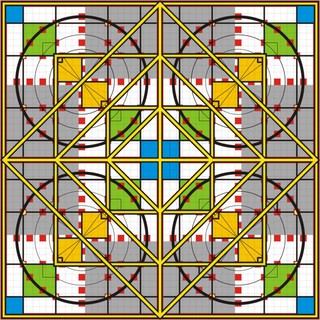
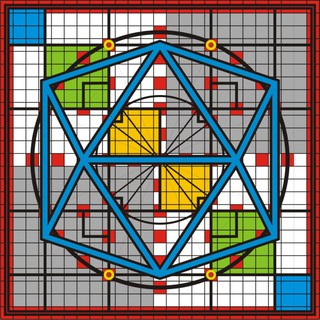
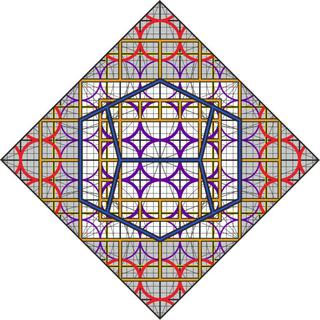
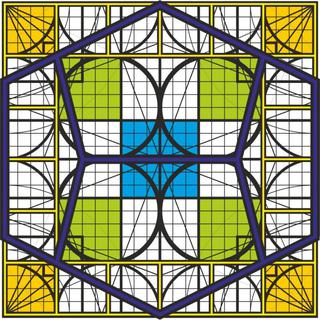
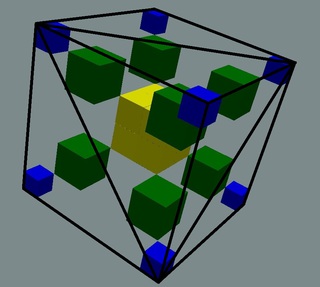
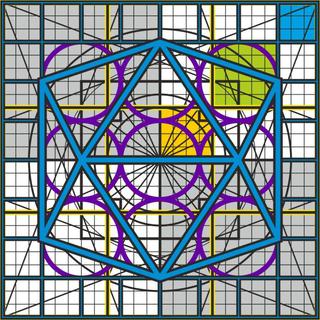
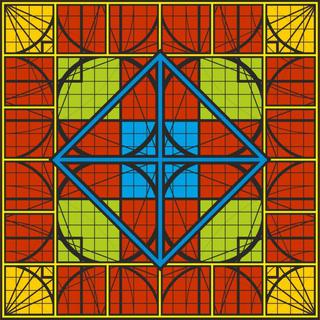
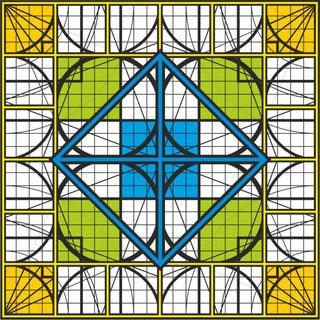
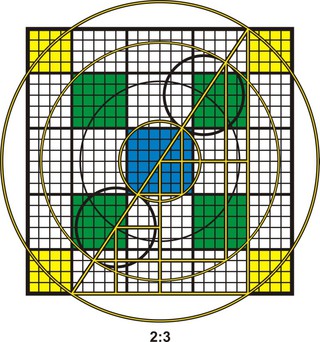
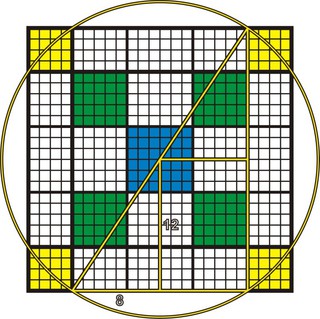
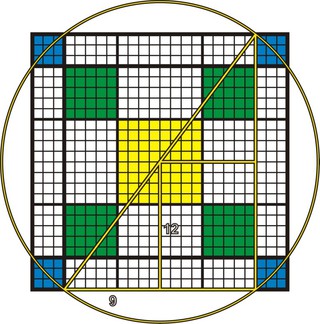
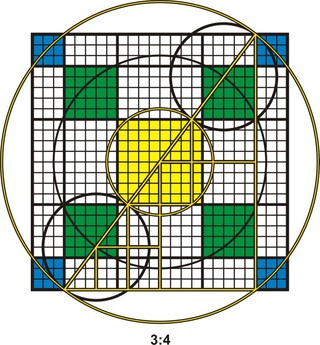
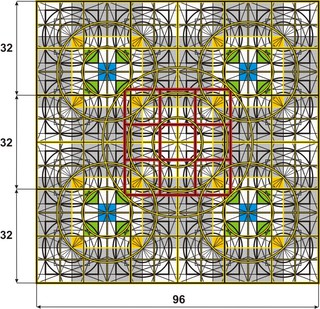
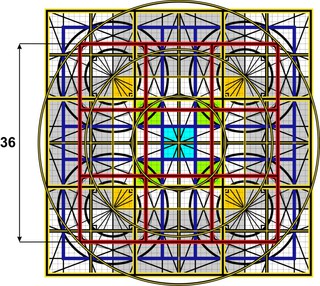
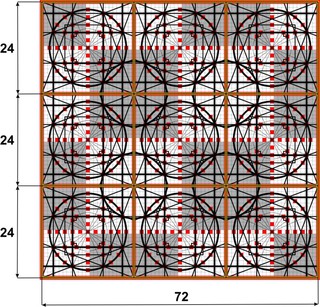
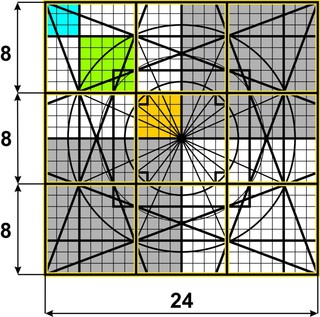
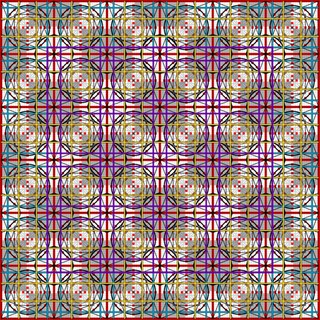
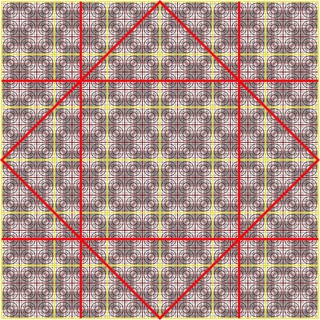
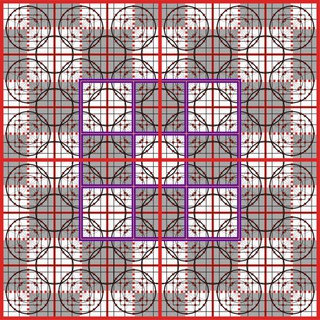
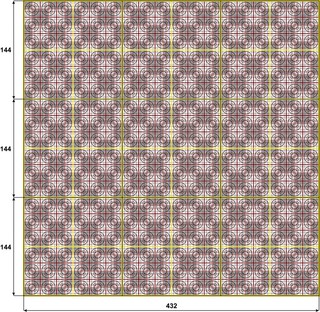
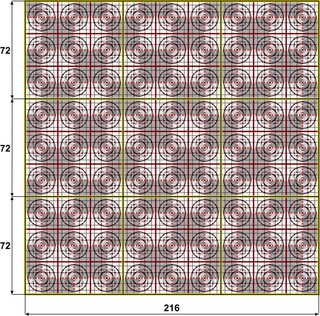
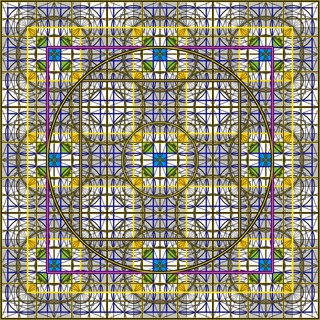
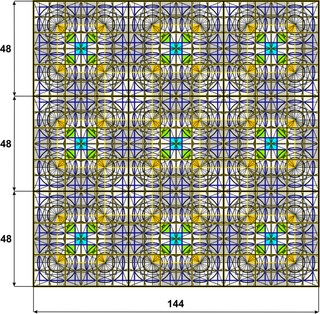
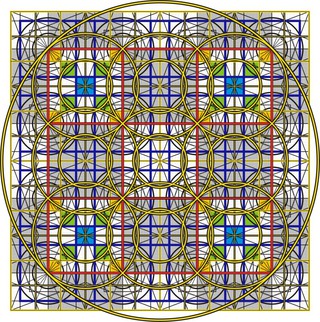
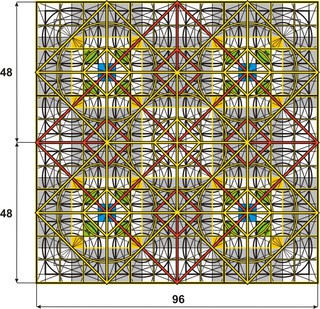
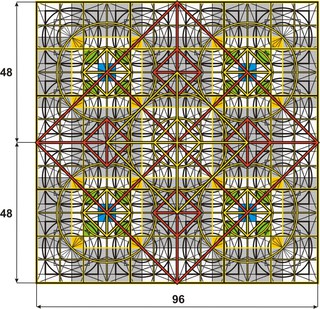
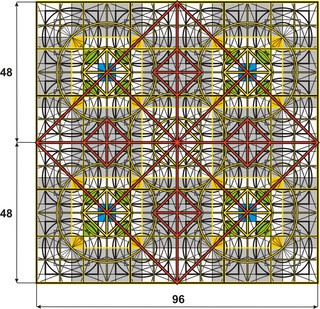
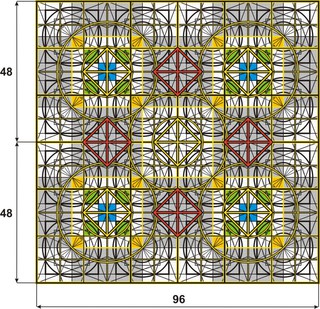
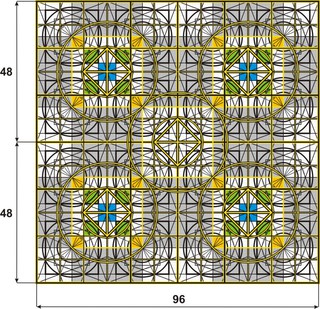
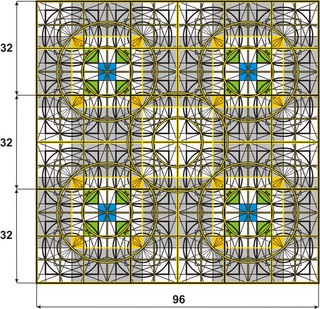
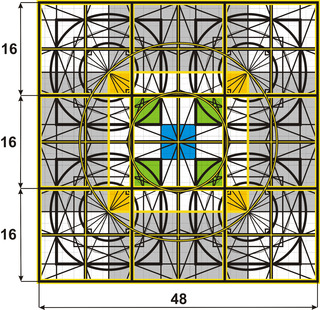
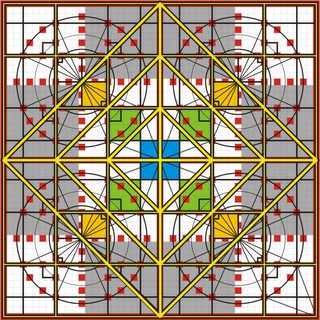
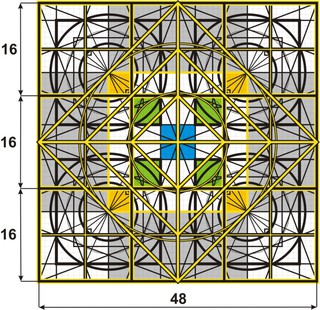
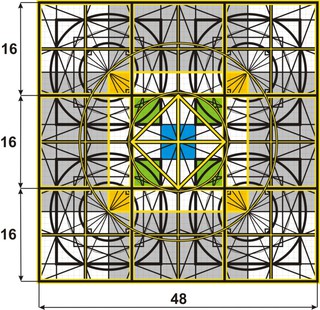
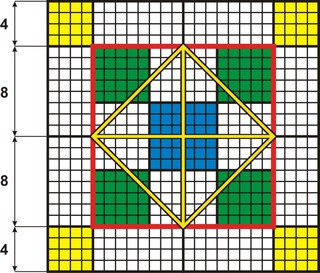
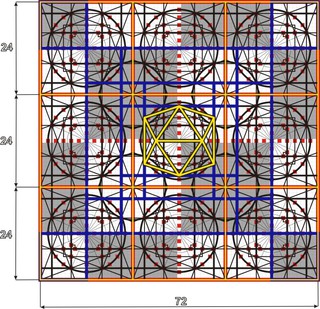
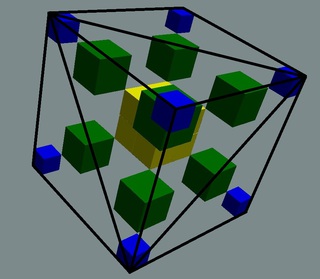
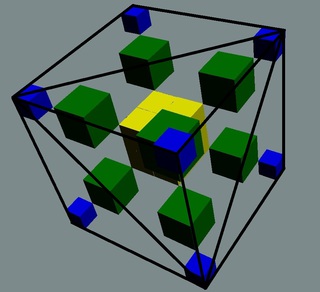
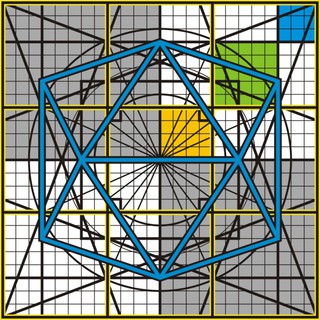
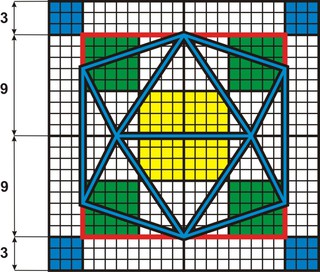
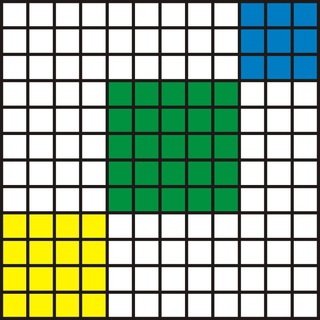
JavaScript is turned off.
Please enable JavaScript to view this site properly.